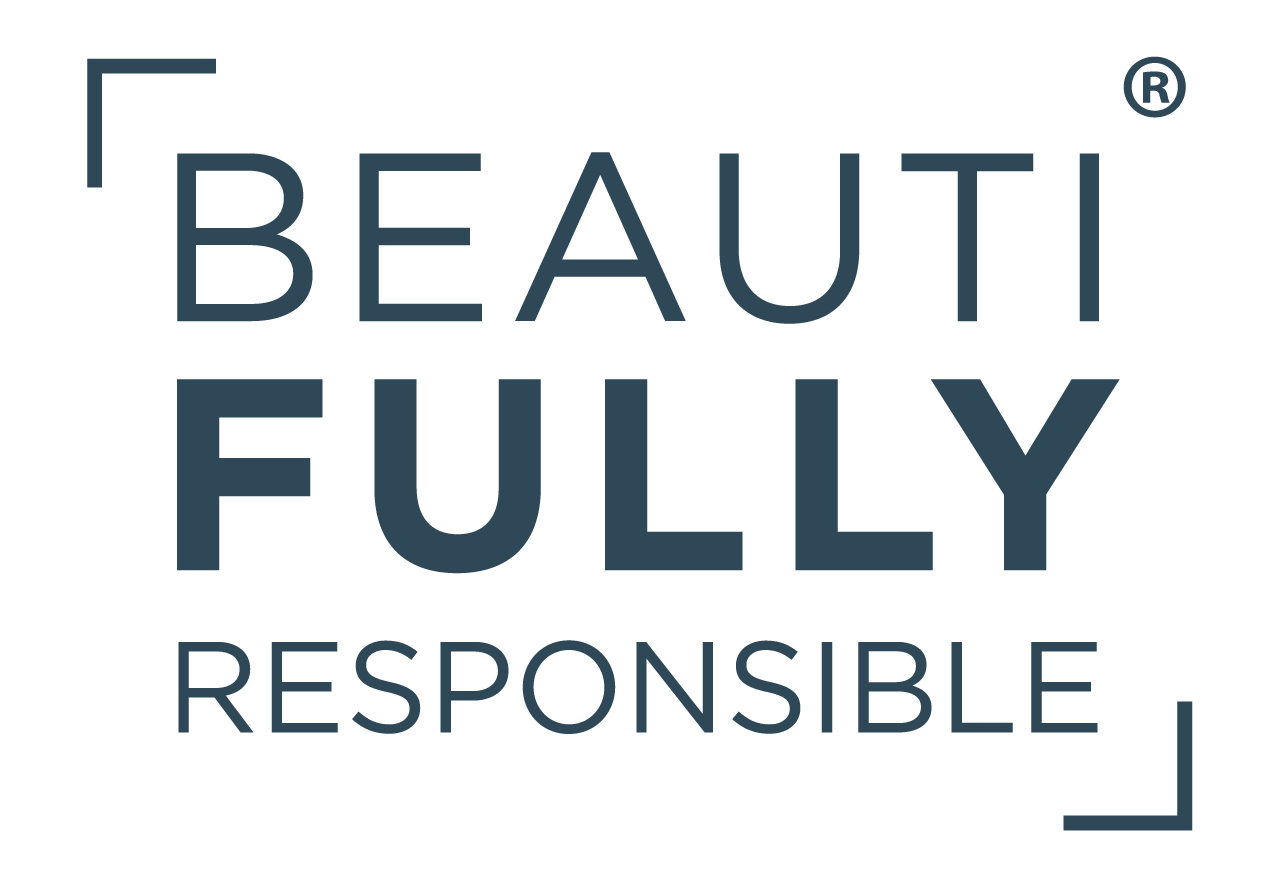This website uses cookies so that we can provide you with the best user experience possible. Cookie information is stored in your browser and performs functions such as recognising you when you return to our website and helping our team to understand which sections of the website you find most interesting and useful.
Frequently Asked Questions
What do you want to learn about resilient flooring?
WHAT IS RESILIENT FLOORING?
Resilient flooring is a category that covers flooring types with some degree of flexibility or “give,” yet are still solid, non-fabric surfaces. Most are engineered to provide comfort, aesthetics, and strong performance with attributes such as resistance to water, stains, and scratches to promote durability. Beautifully Responsible® member brands offer a wide variety of options at an affordable price point.
WHAT IS RESILIENT FLOORING MADE FROM?
Depending on the type of resilient floor, it can be made from natural materials (like cork or linoleum) or synthetic materials (like vinyl). When you search for resilient flooring products, be sure to check out the Environmental Product Declaration, which will tell you the life cycle impacts of a product. For ingredient information, check out a specific product’s Health Product Declaration, when available.
IS RESILIENT FLOORING RECYCLABLE?
Some of our member brands already have take-back and recycling programs, so be sure to look for a recyclable option when considering your flooring solution.
HOW DO I CLEAN RESILIENT FLOORING?
Many resilient flooring solutions are designed to be used with neutral cleansers. Check the manufacturer instructions before cleaning your floors as well as for manufacturer-recommended cleaning products.
HOW CAN I BE CONFIDENT I’M CHOOSING A PRODUCT THAT’S SAFE FOR MY FAMILY?
Many Beautifully Responsible manufacturers have undergone assessment protocols to bear the FloorScore® and ASSURE CERTIFIED™ labels. These certifications are awarded to flooring that meets rigorous standards for indoor air quality and proactively assessed ingredients.
WHERE ARE RESILIENT FLOORING PRODUCTS MANUFACTURED?
Resilient flooring is manufactured around the world; however, the specific location varies for each brand of flooring. With the massive growth of resilient flooring products in the US, substantial additional investments in US resilient manufacturing and supply chain infrastructure have been made to support continued growth.
WHAT IS THE LIFE SPAN OF RESILIENT FLOORING?
Resilient flooring is often as durable as it is beautiful. Following manufacturer recommendations to maintain your resilient flooring is the best way to extend your flooring’s useful life.

